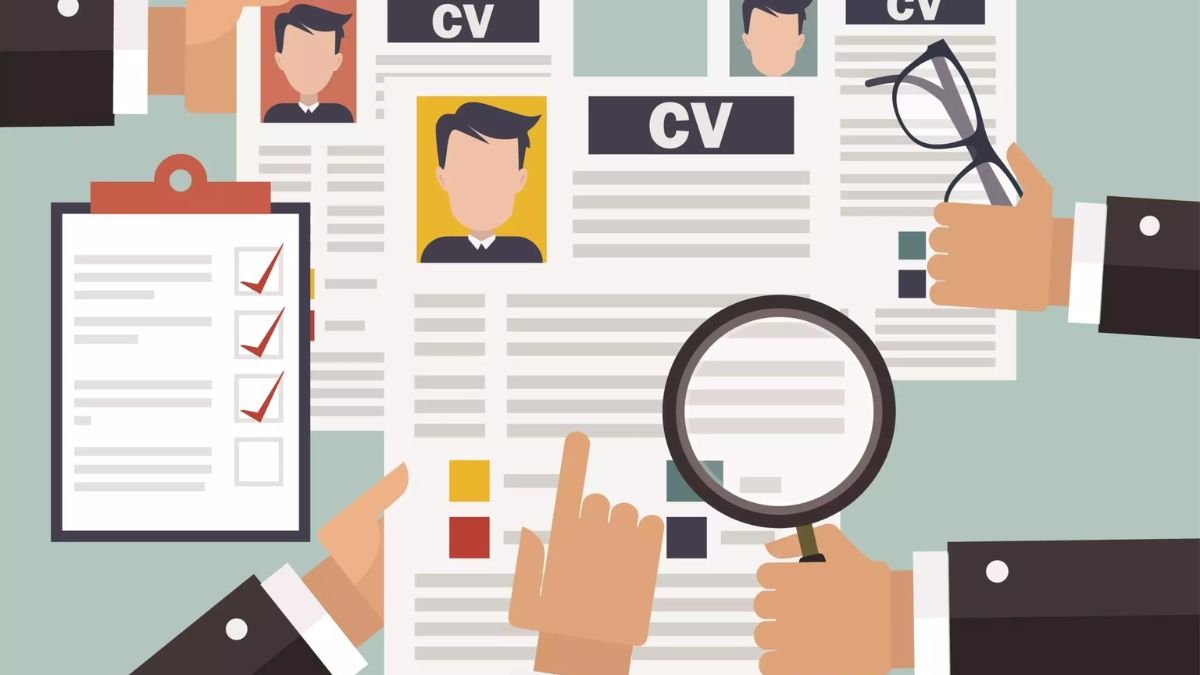In today’s competitive pharmacy career, having an excellent resume or CV is not only essential, but it’s also the first opportunity to showcase your professional personality and skills. Whether you’re looking for a job in a hospital, retail, clinical, or research setting, your resume or CV plays a crucial role in determining your career direction.
An effective resume not only summarizes your education and experience, but also shows employers that you can make a valuable contribution to their organization.
What’s the difference between a resume and a CV?
Resume: A concise and clear document, typically 1–2 pages long. It provides a brief overview of your skills, education, and experience.
CV (Curriculum Vitae): A detailed document detailing your education, research, publications, training, certifications, and professional experience.
In the pharmacy field, CVs are often more important in hospital and clinical settings, while resumes are more important in retail and corporate jobs.
Tips for a Successful Pharmacy Resume and CV
Choose a Clear and Professional Format
- Clean Layout: The resume/CV should be clean and easy to read.
- Organized Sections: Showcase education, experience, skills, certifications, and awards in separate sections.
- Font and Style: Use a simple and professional font (e.g., Arial, Calibri).
Personal Information and Contact Details
- Name and Occupation: Clearly state your name and occupation at the top of the resume.
- Contact Details: Provide a phone number, email address, and a LinkedIn profile link, if applicable.
- Location: Mention your city and state so the employer can understand regional availability.
Professional Summary
Summarize your experience, skills, and goals in 3–4 sentences.
Example: “An enthusiastic and dedicated pharmacist, with 3 years of hospital experience, specialized in patient health improvement and medication management.”
This section is the most important part of your resume because employers read it first.
Education and Training
- Educational qualifications: B.Pharma, D.Pharma, M.Pharma, and other certifications.
- Colleges and universities: Institution name, year, and location.
- Special courses and workshops: Such as clinical pharmacy, research technology, or medication management.
Professional Experience
- Employer name and location
- Designation and tenure
- Key responsibilities and accomplishments:
- Dispensing medications and counseling patients.
- Collaborating with the clinical team.
- Managing medical records and medication safety.
Skills
- Technical skills: Medical software, medication management systems, pharmaceutical research.
- Soft skills: Communication skills, teamwork, problem-solving, and a patient-centered approach.
- Specializations: Clinical pharmacy, hospital pharmacy, retail pharmacy, etc.
Certifications & Licenses
- Major certifications: Such as MTM (Medication Therapy Management), Immunization Certification.
- Licenses: State or country pharmacist license number.
- Special courses: Such as R&D or Regulatory Affairs.
Awards and Honors
- Professional achievements: Such as Best Pharmacist Award, Research Excellence.
- Academic honors: Merit awards or scholarships.
- This section makes your resume more impressive.
Tips for resumes and CVs
- Accurate and relevant information: Avoid unnecessary details.
- Use active verbs: Such as “Managed,” “Developed,” “Optimized”.
- Customize: Tailor your resume to the job.
- Proofreading: Check frequently to ensure it’s error-free and professional-looking.
- Add a digital profile: Providing a LinkedIn or ResearchGate link enhances professional impression.
Digital and Online Resumes
Most employers these days view candidates through online platforms. Therefore, keeping your digital resume and LinkedIn profile updated is essential.
- Professional photo
- Short profile summary
- Mention skills and certifications
- Suggestions and Recommendations
Avoid common mistakes
- A resume that’s too long or too short – 1–2 pages is sufficient.
- Unorganized layout – Sections should be clear and organized.
- Errors – Avoid spelling, grammar, and contact information errors.
- Unnecessary personal information – Don’t include date of birth, religion, etc.
Conclusion
An effective pharmacy resume or CV is the first and foremost step in your professional life. Makes the most significant impression.
In 2025, this becomes even more important as job competition increases and employers look not only at qualifications but also at professional presentation and skills.
